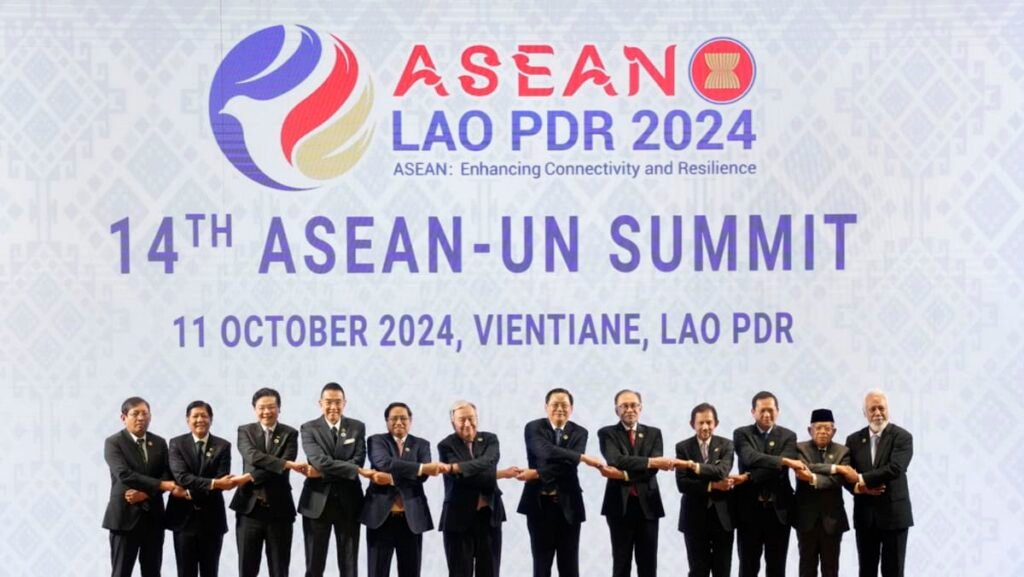Ms Sharon Seah of the ISEAS-Yusof Ishak Institute’s ASEAN Studies Centre emphasized that Southeast Asia is no longer a battleground for external powers, dismissing the outdated Cold War view of the region being influenced by larger countries. ASEAN has a track record of engaging with external partners through diplomatic, political, and economic cooperation, allowing the region to assert independence and make decisions on its own terms.
Economically, ASEAN and China have strengthened ties through an upgrade of their free trade agreement, with negotiations expected to conclude next year. The trade between the bloc and China has significantly increased since the pact was signed in 2010. This economic cooperation has led some Southeast Asian countries to refrain from challenging Beijing’s actions in the South China Sea, benefiting from the economic advantages of the relationship. However, the region is urged to cautiously navigate between rival groups to avoid a potential conflict.
Southeast Asia has become a focal point for geopolitical rivalry, with various global powers increasing their development finance in the region. China remains a major source of development finance, particularly in infrastructure, but other nations such as Japan, the US, and the EU are also ramping up their investments. This has positioned Southeast Asia as an attractive destination for export activities, contributing to trade integration that benefits all parties involved.
The Myanmar conflict presents a significant challenge for ASEAN, as the bloc’s principles of non-interference and consensus-based decision-making limit its ability to influence the military government to reduce violence and implement democratic processes. The inability to resolve the crisis jeopardizes ASEAN’s credibility and capacity to address internal issues decisively. Malaysia, as the incoming ASEAN Chair, is expected to play a crucial role in finding a pathway to peace and unity in Myanmar, as the crisis has implications for regional security.
Malaysia, taking on the ASEAN Chairmanship from Laos, is anticipated to take a more assertive stance in addressing regional issues under the leadership of Prime Minister Anwar Ibrahim. Anwar’s experience in international affairs and Malaysia’s founding membership in the bloc bring high expectations for the country to play a proactive role in strengthening unity within ASEAN. Malaysia will need to navigate economic relationships with China, address security concerns in the South China Sea, and drive economic integration within the region through various agreements and frameworks.
Overall, Southeast Asia’s evolving dynamics in economic cooperation, geopolitical rivalry, and internal challenges such as the Myanmar crisis are shaping ASEAN’s approach to regional unity, security, and economic prosperity. The region is strategically positioned to benefit from global power competition, but must navigate carefully to avoid conflicts that could disrupt stability. Malaysia’s upcoming leadership in ASEAN will play a critical role in addressing these complex issues and setting the agenda for regional cooperation in the coming years.











